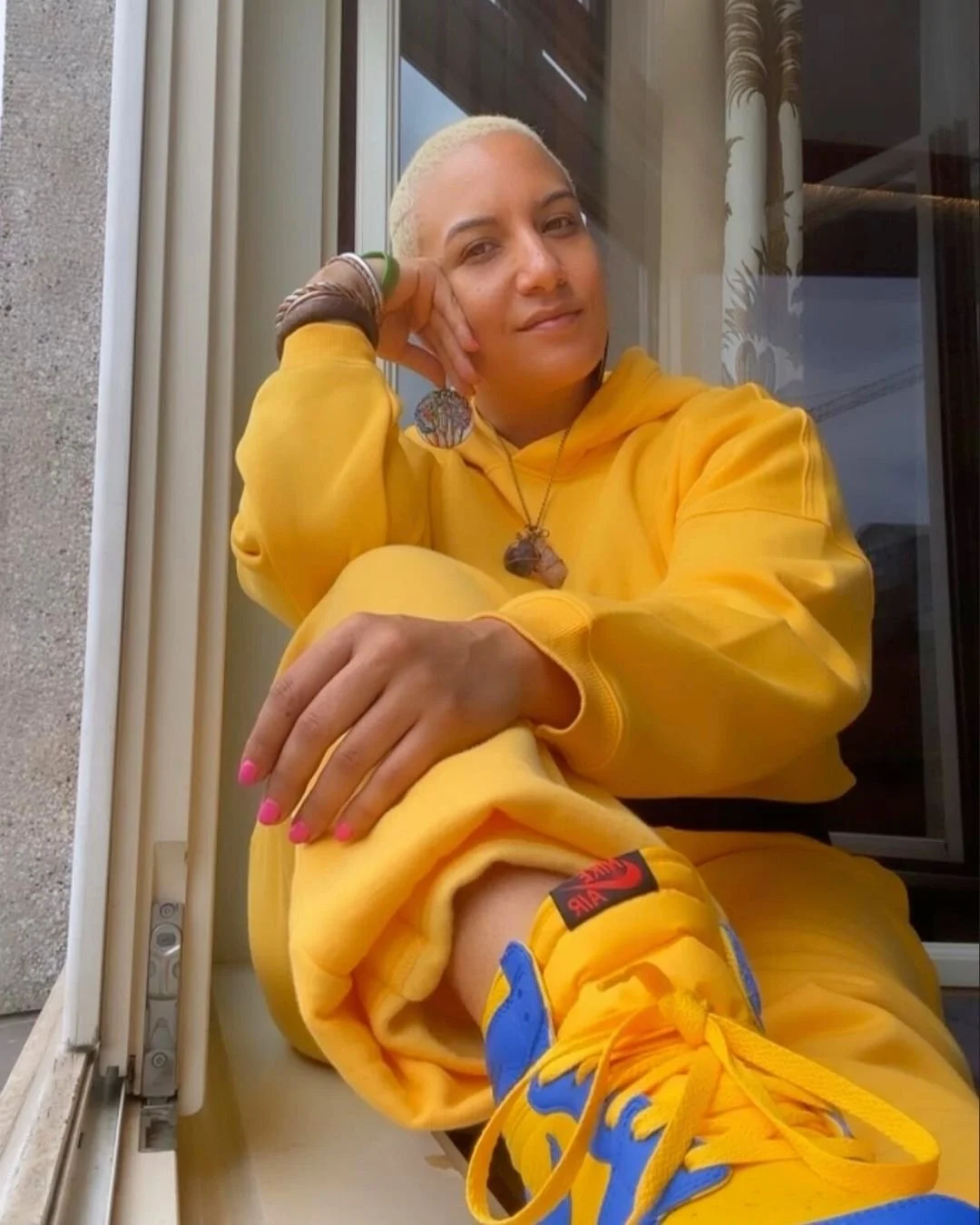Community Spotlight: Chelsea Higgs Wise
🔓 This story is free to read as part of our community series.
Spotlight on cannabis activist, and founder of Marijuana Justice.
by TRS Staff
Chelsea Higgs Wise and her organization, Marijuana Justice are doing the work. In 2021, she spearheaded the work to change laws to decriminalize cannabis in Virginia. But, as Wise recently told The Richmond Seen, Virginia still has its challenges. We had the opportunity to reach out to the social justice leader to ask a few questions as she is the first to be highlighted in the TRS Spotlight.
What led you to your work and activism involving cannabis?
My decade as a clinical social worker exposed me to the systemic barriers individuals and families faced due to prohibition, often mirroring my own childhood experiences visiting family members incarcerated for drug offenses. These insights, combined with my personal and professional experiences, solidified my resolve to fight for changes that dismantle harmful systems and promote equitable cannabis legalization that benefit those that were most impacted.
How personal is this work to you? Meaning, has there been anything personal that occurred in your life or someone close to you that was an inspiration for your commitment to activism?
My commitment to drug policy reform is deeply personal, stemming from the devastating impact of drug criminalization on my own family. I view this work as essential harm reduction from the larger colonial project by directly addressing the systemic issues that disproportionately target our communities. I empathize heavily with young people who fear the repercussions of marijuana, understanding it as a gateway to the school-to-prison pipeline. My own experience at Longwood University solidified this perspective. During my senior year, a failed drug test for a part-time job at my internship led to my removal from the internship and I was told I would not graduate in May. It was only when I was accepted into Virginia Commonwealth University’s highly competitive advanced standing master’s program that Longwood suddenly found a way for me to graduate, clearly prioritizing their institutional image. This taught me that institutions often operate in their own self-interest, and it is up to us to dismantle the obstacles they create. Through this work, I've been inspired by many who share the understanding that cannabis prohibition is a critical component of the larger War on Drugs, a system we are dedicated to dismantling. I am honored to have found my people across the country to help battle this one state at a time and learn from each other.
How important is it for cannabis users to understand the laws in their area and how it could potentially affect them?
Cannabis prohibition was manufactured by politicians to target Black people, poor people and people of color for criminalization. The legalization does not change the stigma created by over 50 years of prohibition even when the law has changed in 2021 that allows adults to possess, share, consume and grow. In Virginia, Black people are still being criminalized during “legalization” at four times the rate of whites.
Cannabis is accessible in many ways in Virginia: medical, legacy market and by local growers (no the pop ups and the tobacco stores are not legally selling). There is no testing of the product except for the medical industry. If you want to know what you are consuming and to rule out mold, plastics, etc., Virginia should regulate an adult use market so that tested cannabis would be more accessible.
What does reparations look like to you personally and to an organization like Marijuana Justice?
We are the organizers of reparations and we do what the community says. It is not up to us to prescribe the repair but to ensure we have access to the decision makers to get it done.
Richmond is about to see a surge of new revenue after legalization, that money should go to a reparations program like paying guaranteed income to people being displaced from public housing, whether they live in Richmond anymore or not.
Also read:
In honor of the Richmond Times-Dispatch’s 175th anniversary, community advocate Chelsea Higgs Wise envisions a future where Richmond’s media is not only free but just. Her commentary, “A free press is critical, but it’s not enough,” challenges local institutions to reckon with their histories and build an equitable, community-owned press that truly serves all Richmonders.
Read her full piece in the Richmond Times-Dispatch: “A free press is critical, but it’s not enough.”
Stay Local. Stay On Scene. Subscribe to The Richmond Seen.
The Richmond Seen is a vibrant digital news outlet dedicated to highlighting the Richmond scene—both the scene and the unseen. We cover everything from Hip Hop culture and culinary delights to the diverse stories and experiences that connect our community. Our mission is to celebrate the rich tapestry of Richmond’s creative energy and the voices that often go unheard.
Purchase our newspaper HERE.
Help us continue the work by donating HERE.
Follow us on Instagram.


